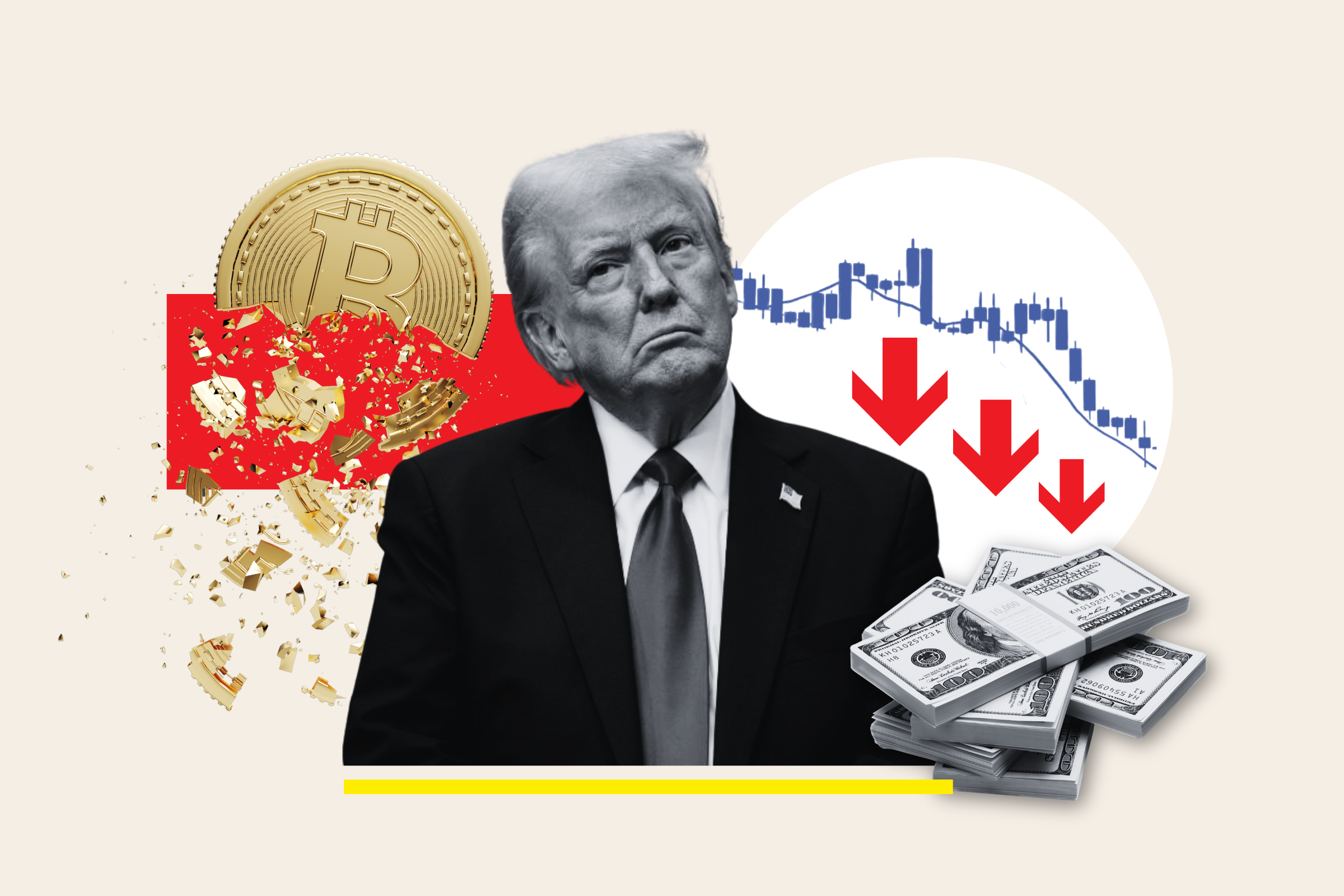The crypto community is feeling the impact of the tariff-induced panic that has affected both American and global markets. Key voices in the crypto space are expressing frustration towards President Trump, who was once seen as a proponent of digital assets.
While the stock market has experienced a bear run since Trump announced a 10 percent tariff on global imports, Bitcoin has also faced significant drops. It plunged over $4,000 shortly after the announcement but has maintained a relatively stable value around $83,000 amid the turmoil.
Michael Saylor, CEO of MicroStrategy, emphasized that Bitcoin is not subject to tariffs, but many are questioning its resilience as it dropped to $74,500, its lowest since November, well below its all-time high of $109,114.88 on Trump's inauguration day.
Many in the crypto community argue that the new trade barriers could actually strengthen the case for cryptocurrencies, which are not bound by borders. Yet, Bitcoin's recent performance indicates a strong correlation with broader financial markets, as noted by Danny Scott, CEO of CoinCorner.

Other cryptocurrencies like Ethereum have suffered even greater losses, dipping over 20 percent recently. The fear of ongoing tariffs has reached levels akin to the panic witnessed on Wall Street, with prominent figures in crypto expressing their discontent.
Dave Portnoy, founder of Barstool Sports, reported a loss of $7 million, while streamer Adin Ross lamented a $10 million loss. Critics of Trump's tariffs, like economist Saifedean Ammous, argue that the rationale behind the new trade policies is flawed.
Despite the downturn, some believe that the tariffs could ultimately serve as a catalyst for Bitcoin's growth. Investor Anthony Pompliano expressed optimism that both stocks and Bitcoin could reach new all-time highs before the year's end.
Attention is now shifting to the Federal Reserve, with expectations that interest rate cuts and quantitative easing could positively influence Bitcoin's value. As we approach the next halving event, which reduces Bitcoin's supply, the landscape for cryptocurrencies may be shifting significantly amid ongoing economic uncertainty and tariff implications.







Comments
Join Our Community
Sign up to share your thoughts, engage with others, and become part of our growing community.
No comments yet
Be the first to share your thoughts and start the conversation!